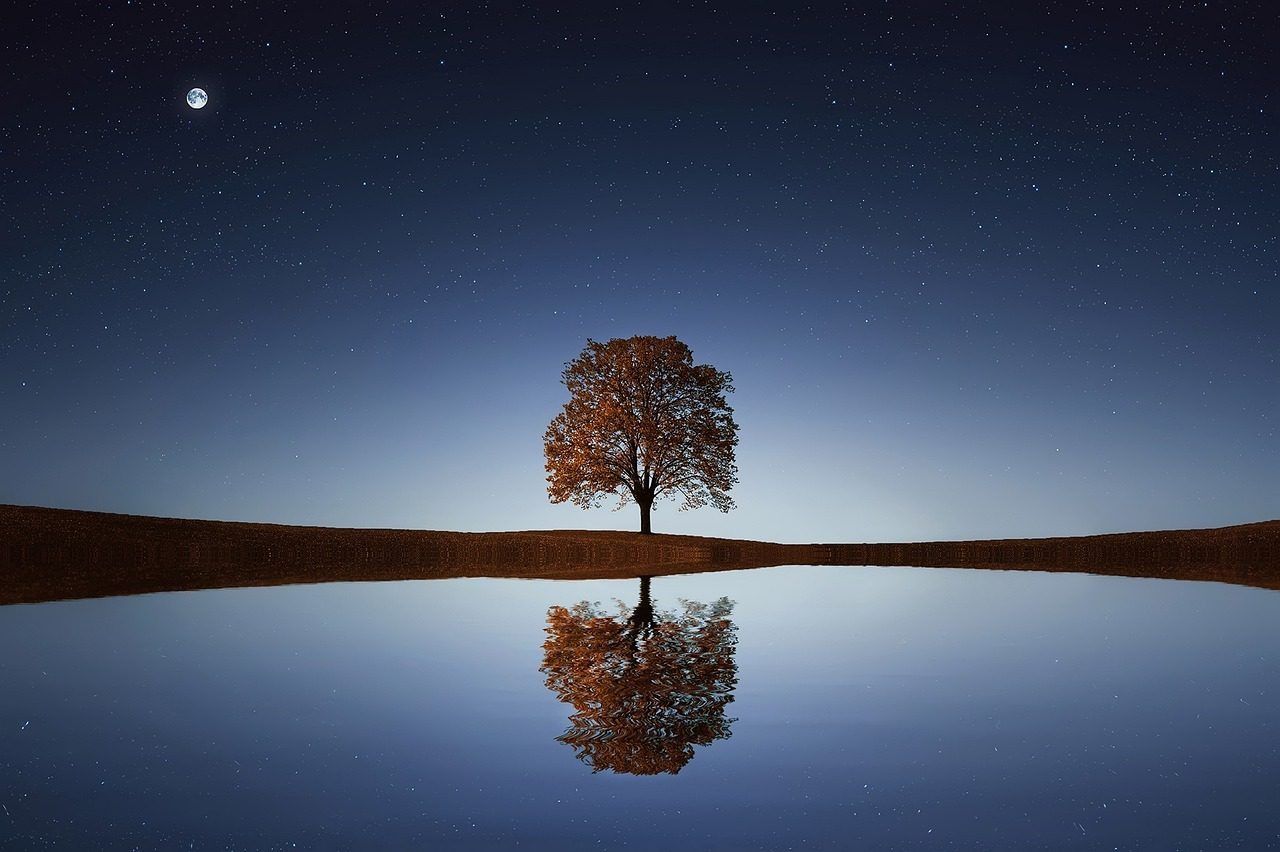Stephen Jenkinson
Overture: Night

This article is excerpted from Stephen Jenkison’s book Die Wise: A Manifesto for Sanity and Soul. We wanted to share this with you as it is a theme of great relevance to all of us. Join the Jung Platform course Die Wise to learn more.
Stars. It’s dark. You are standing in a field, far from the house. This is the midnight sky of your younger, wilder days. It is ablaze, aching with stars. It is the vault of heaven, indigo sea of time pierced by light from the other side. The horizons are gone and the Bridge of Sighs, the one they say the dead walk to leave this world, dazzles you. Dew settles on your shoulders and you’re atremble, no longer full with comprehension and certainties.
Every idea you have seems too small for the world. The blessings tumble: You lived long enough to see a night such as this, and you’re stilled by it. There are unlikely companions in the field with you, everyone quiet. Someone looks up into the night sky and says, “You see that star right there? Could be it isn’t there anymore.” All conviction is sent reeling. Nothing is truer than this. If that didn’t quite happen then, it has now. If it did, then it’s happened again.
You need witnesses for wonder. Some things in life are too hard to see by yourself because they take up the whole sky, or because they happen every day, unwinding above your busyness, or because you thought you knew them already. Wonder takes a willingness to be uncertain, to be thrown.
We have a lot of information these days, and few are enamored of imprecision or subtlety. But starlight traveling a bewildering distance for so long that there is every chance that it doesn’t even exist anymore, and all of that having already happened, and you standing there, your face illumined in the dark, seeing it all, what is and what isn’t there enthroned by your witness: That is a marvel, and surely that is how awe is born in us. With somebody there alongside you in the darkness, you can think unthinkable thoughts. You can see what’s gone, or whether it’s gone, or both. Fantastic.
The night of wonder must be a long one, and it will come to this: When I die, am I past? Am I gone? Lost? This is when the midnight sky, riven by all the light givers that have been, starts whispering. You can see something that isn’t there anymore, and you have more proof than you need that the past is not quite passed.
So I am counting on this possibility: That out of that encounter with confounding starlight could come marvel and gratitude for being here, alive, for now, and with them the beginnings of an answer to that bewilderment, that human-scaled mystery: What will happen when I die? I’m counting on more: The times of dying, of real and proper sorrow, will be woven by gratitude for being around long enough to be overwhelmed by something that happens every day, by ordinary awe. Here’s what happens every day: The past has tangible presence and isn’t gone. People are born, and people die, and there are signs.
This article is an excerpt from Die Wise: A Manifesto for Sanity and Soul by Stephen Jenkinson, published in 2015 by North Atlantic Books & distributed by Random House International.
Our greatest and final gift is our willingness to love what we know will die. In the compelling Jung Platform course Die Wise, renowned author and former palliative care worker Stephen Jenkinson urges us to let go of what’s unwise around dying. The unwise is excessive comfort seeking, fixation on gaining more time and over-managing. Instead, Jenkinson offers the solace of sanity, hard-earned humanity and elderhood. Join this course here.
Share
Other blog posts

Jung Platform is an online education space that offers a range of depth psychological and spiritual perspectives. Our courses and talks explore the journey of life with guidance from highly regarded teachers.
We are passionate about offering practical, life-enhancing tools and opportunities to connect with others on this path. Our aim is to help people connect to their own soul, so they can live more fully and colorfully.
Stay inspired.Get our magical updates.
Thank you for signing up!
FEATURED LINKS
-
Headquarters in Salt Lake City, Utah
-
info@jungplatform.com
-
Copyright © 2026
